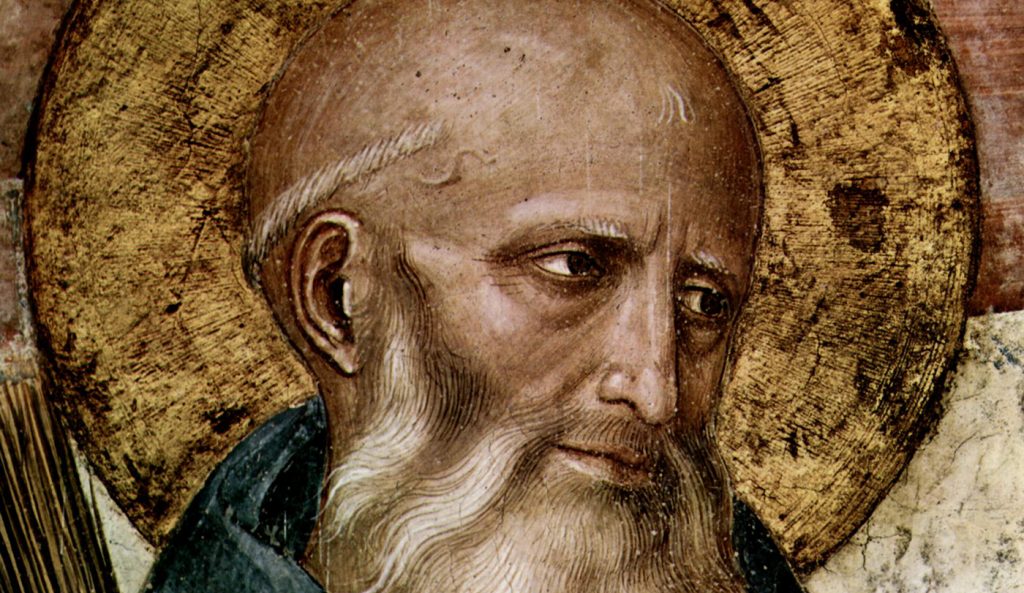Order all things prudently and with justice (III:1)
CHAPTER III. Of calling the Brethren to Council
16 Jan. 17 May. 16 Sept.
As often as any important matters have to be transacted in the monastery, let the Abbot call together the whole community, and himself declare what is the question to be settled. And, having heard the counsel of the brethren, let him consider within himself, and then do what he shall judge most expedient. We have said that all should be called to council, because it is often to the younger that the Lord revealeth what is best. But let the brethren give their advice with all subjection and humility, and not presume stubbornly to defend their own opinion; but rather let the matter rest with the Abbot’s discretion, that all may submit to whatever he shall judge to be best. Yet, even as it becometh disciples to obey their master, so doth it behove him to order all things prudently and with justice.
Assemble, Listen, Act
This is a masterpiece of governmental procedure. It can be broken down into components.
1. The Abbot assembles the whole community, that is, the monks having made their profession. [Novices, according to Chapter LVIII, live in a separate place where they meditate, study, take their meals, and sleep. Only after monastic profession is a novice counted among those belonging to the community.]
2. The Abbot sets forth the question to be settled.
3. The brethren offer their advice with all subjection and humility, not stubbornly defending their own opinion, but leaving the decision to the Abbot.
3. The Abbot listens to the counsel of the brethren, including the youngest.
4. The Abbot considers within himself, and then does what he judges most expedient.
5. All submit to the Abbot’s decision.
The central principle, and one which Saint Benedict reaffirms in Chapters LXVIII (If a Brother Be Commanded to Do Impossibilities), LXXI (That the Brethren Be Obedient One to Another), and LXXII (On the Good Zeal) is that the brethren are to express themselves always “with all subjection and humility, and not presume stubbornly to defend their own opinion.”
Saint Benedict addresses a wonderfully balanced caveat to the Abbot: “Even as it becometh disciples to obey their master, so doth it behove him to order all things prudently and with justice.” The Abbot is not a despot; he is the guardian of the tradition, charged with passing on what he himself received. Saint Benedict would have the abbot be, in all circumstances, a pater pius (devoted father), operating under the influence of the seven gifts of the Holy Ghost: wisdom, understanding, knowledge, counsel, fortitude, piety and fear of the Lord.


Things to take into prayerful consideration as we take these first steps in the building of a family.